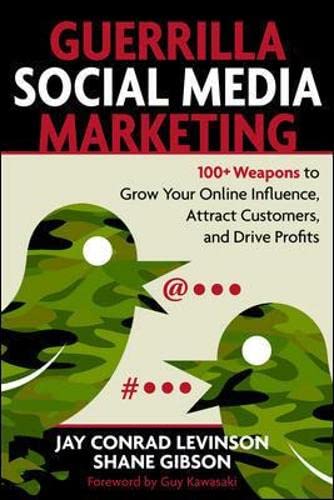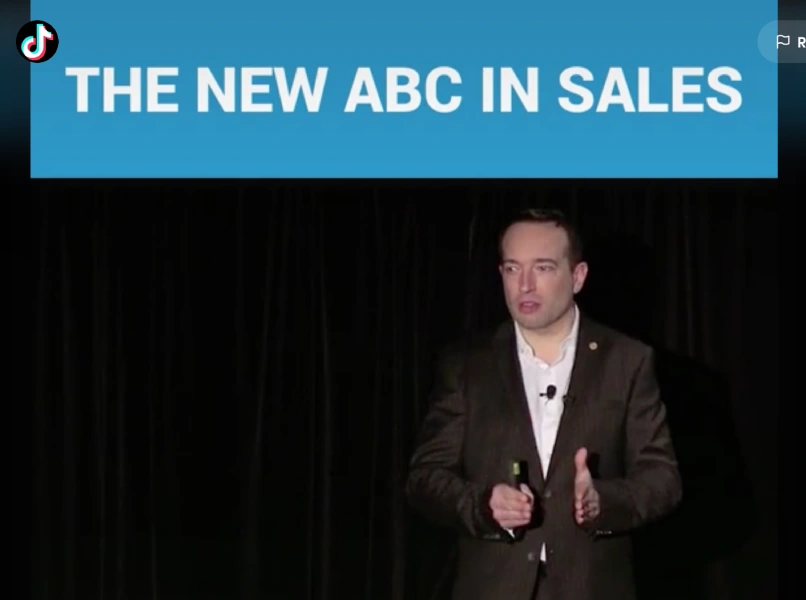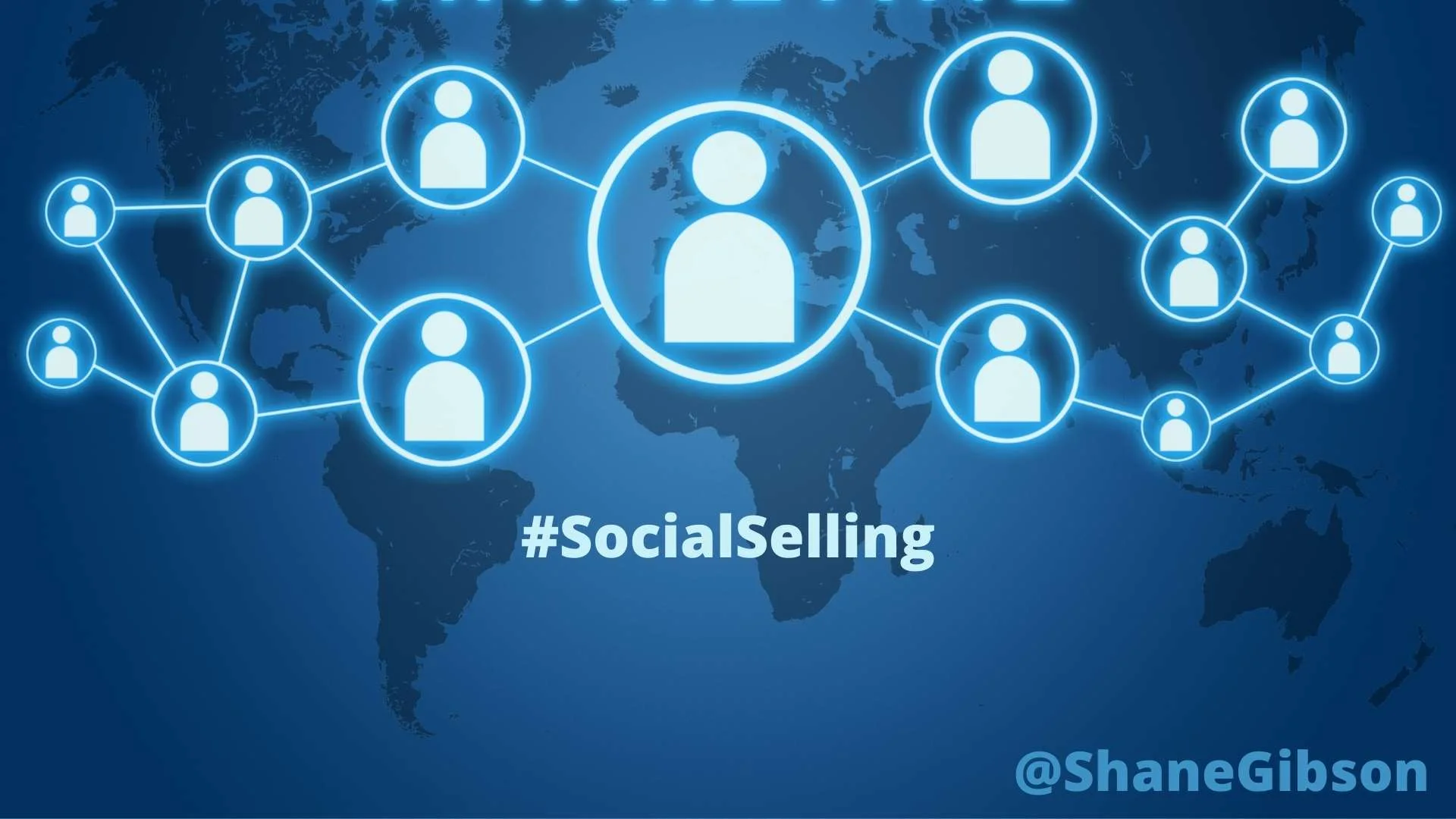Sales Blog – Selling Intangible Solutions
Key Skills and Strengths for Selling Intangible Solutions
The following provides a brief overview of some of the skills and strengths needed to be great at selling intangibles.
1) Personal Brand of You
When selling intangible solutions, it really is about credibility and the relationship. Because the solution is intangible, the purchase is largely based upon the believability of the salesperson. For example, a business coach sells a very intangible service. They are often evaluated by their own personal presence, ability to communicate, and by third party endorsements and certifications.
Having a strong personal brand helps people understand who we are, what we are about, and it removes uncertainty. There is so much information out there to process that it is almost impossible for a consumer to choose a service or product—instead they choose the right company or the right sales representative and leave the product selection up to them.
2) Differentiation
People who are good at this type of sales often communicate what they do in a unique way. This means specializing and unique positioning is often necessary. Thousands of people in Canada call themselves “financial advisors” and the minute we hear that term we mentally lump them into the same category as the last 100 advisors we met and lose interest. One of the top one percent of advisors at London Life/Freedom 55 Financial refers to himself as a “Wealth Management Specialist” and just by the nature of his positioning, attracts very affluent clients. Find a way to present what you do in a way that makes it memorable and creates a distinction between you and the rest of the people in your industry.
3) Passionate Evangelist/Industry Authority or Both
As an extension of our personal brand and our ability to differentiate, our passion and knowledge are critical in selling intangibles. Because the client cannot often experience the service or solution in a tangible way, their experience of you has to be credible and inspiring. In fact, their experience in dealing with you will determine if they purchase or not.
Passion is really about having a strong conviction and unwavering level of confidence in ourselves, our company, our industry, and our solution. It is also critical to be seen as an industry authority—consistently doing such things as writing articles for local periodicals, blogging, being a guest speaker for local business or community groups, maintaining a regular newsletter, and having endorsements from well known people in the community. A combination of passion and being an authority increases our believability factor and takes away the fear of saying “Yes” for the client.
4) Clarity
In communicating, your greatest enemy isn’t the noise around you – it’s the noise you create, un-wittingly – Harry Beckwith, author of What Clients Love and Selling the Invisible.
Brevity and focus are key. If we focus on one or two core things we are good at and communicate those proficiencies really well, we can own a large portion of client mindshare and wallet share. Clearly communicating what we do, and not trying to be all things to all people, sets apart the high-paid specialists from the generalists.
Nick Usborne, author of NetWords makes an interesting distinction when he says that:
We’re not just writing to be understood, we are also writing in a way that insures we are not misunderstood.
Make sure the message about what you do is clear, focused, and void of any ambiguity. Focused, predictable service providers make clients feel safe.
5) Value Builders
Because what we are selling cannot be seen, touched, or measured, we need to be good at building value. Your ability to articulate the real value in terms of return on investment is very important. Solutions must be presented in a way that solves a core client pain or challenge. Describing our solution as innovative, leading, next generation etc. is not enough. These are weak business cases that are uninspiring. Look for client pains, fears, and challenges, and then talk about your solution as a pill for their pains. Back up your claims with research, data, client references, and proof. Help your clients measure what they cannot see.












